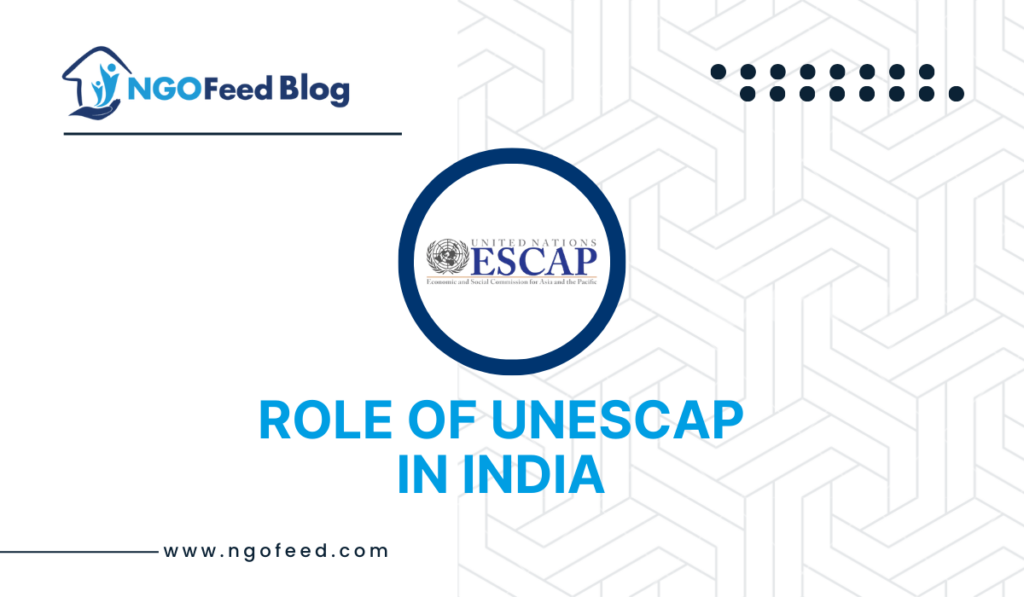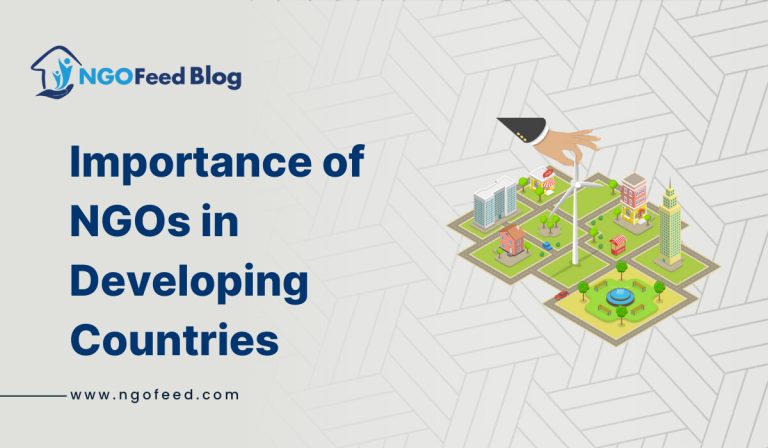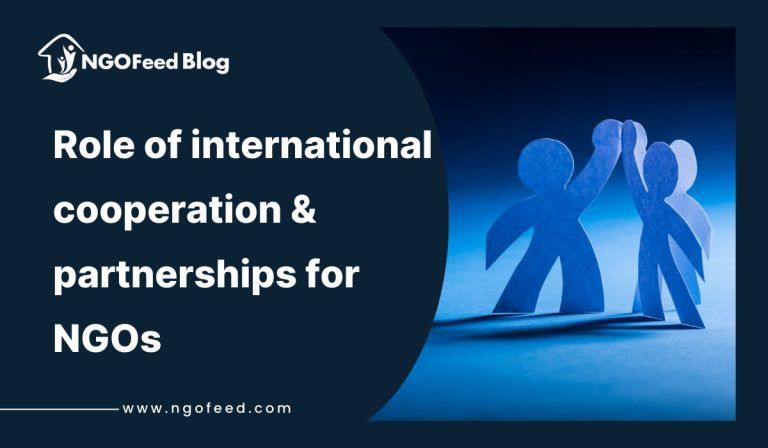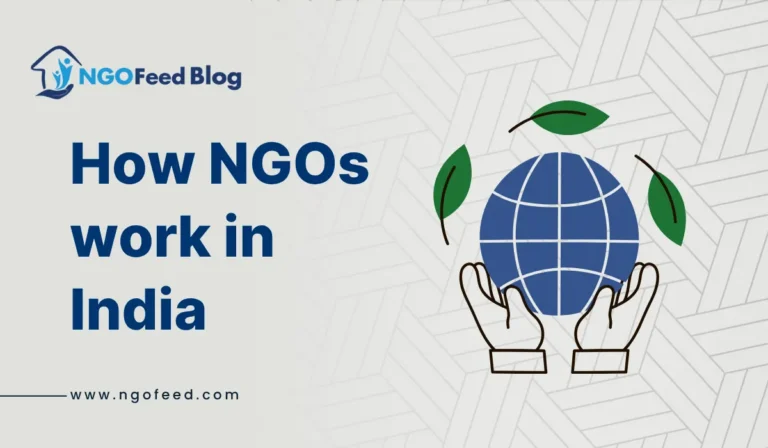Role of UNESCAP in India: The full form of UNESCAP is The United Nations Economic and Social Commission for Asia and the Pacific (UNESCAP). UNESCAP plays a vital role for the United Nations in promoting inclusive development and economic cooperation in Asia and the Pacific. UNESCAP is a unique organization responsible for counteracting such complex issues as poverty, sustainable development, and regional collaboration in India. India has partnered with the UNESCAP to strengthen the organization to address emerging solutions of the developing world about trade, transport, climate-smart measures, as well as developments in spheres of information, communication, and technology.
Table of Contents
Some of the programs implemented by UNESCAP in India involve capacity building for development, policy intervention, and research-based projects all of which are closely aligned with India’s development agenda. It is intended to narrow the gap of the socio-economic divide, help unlock the potential of excluded populations, and fortify India as a leading South Asian country in realizing the (SDGs).
Also Read: Role of UNWTO in Tourism
As a rational actor, by participating in the activities of UNESCAP, India has a chance to exchange knowledge and form partnerships with other member states which can lead to better cohesiveness of the region approach. The work of the commission makes a synergy with the Indian domestic policy actions enhancing the effectiveness of the latter for creating favorable conditions for economic development, improving environmental quality, and promoting social justice. This way, UNESCAP has been playing an important and ongoing role in India’s development on the global scale.
What is UNESCAP, and what does it do?
As a region of focus of the United Nations, UNESCAP was set up in 1947 to foster economic collaboration, human well-being, and ecological efficiency for its 53 contracting and nine affiliate nations stretching from Pakistan to New Zealand and Australia. The headquarters of UNESCAP is located in Bangkok, Thailand and it comprehensively covers fourteen countries in Asia and the Pacific and has the largest populace in any regional commission in the United Nations.
Also Read: Role of UNECE in India
Key Functions of UNESCAP in India:
- Policy Advocacy: Through donor financing, UNESCAP supports its member countries in undertaking policies required to solve regional problems including poverty, inequalities, and impaired environment.
- Research and Analysis: It makes investigations, Prepares reports, and provides policy advice and factual background information for decisions about trade and other issues related to trade and globalization such as infrastructure, and climate change.
- Capacity Building: UNESCAP offers advisory, capacity-building support as well as training and development services to assist its member governments and organizations.
- Regional Dialogue and Cooperation: It acts as a platform to share thoughts among member nations, promoting collaboration on shared priorities like regional connectivity and reduction of disaster risk.
- Monitoring Sustainable Development Goals (SDGs): There is no doubt that UNESCAP has significant responsibility for monitoring and promoting the SDGs’ achievement in the Asia-Pacific area.
In its capacity that support economic as well as social and environmental development, UNESCAP assists its member states in attaining sustainable development.
Also Read: Role of WFP in India
Historical Overview of UNESCAP
The United Nations Economic and Social Commission for Asia and the Pacific was founded in 1947 as the Economic Commission for Asia and the Far East (ECAFE) for the promotion of economic rehabilitation and development in a part of the world that was ravaged during the Second World War. Sitting in Bangkok, Thailand the commission started off by focusing on reconstructing the economies in the war-stricken regions and promoting integration.
Also Read: Role of UNHRC in India
India was a founding member of ECAFE which clearly showed its newly adopted policy of regional cooperation and integration. India, being a part of the largest and most populated countries in the Asia-Pacific region had a significant contribution to forming the commission’s early agenda that was initially more oriented on economic growth, infrastructures, and trade liberalization.
In 1974, it was renamed as the United Nations Economic and Social Commission for Asia and Pacific, or more simply UNESCAP. In the course of the years, UNESCAP has been adapting to new needs and challenges, including climate change, digitalization, and the process of achieving the Sustainable Development Goals.
India has increased cooperation with UNESCAP and has benefited as well as contributed positively towards various programs focusing on strengthening regional integration, eradication of poverty, and promotion of sustainable development showcasing the need for the commission now and in the future.
Role of UNESCAP in India?
UNESCAP essentially has a significant role in supporting the Indian socio-economic development and enhancing partnership in the Asia-Pacific region and globally. Its interventions across India are broad-based and correspond with existing and emerging government agendas as well as the wideband SDGs.
Key Roles of UNESCAP in India:
Trade and Economic Cooperation
- Edwards 2009 evaluated these three recent reforms and pointed out that they enable India to connect to international and regional trade systems.
- Assists with the technical aspects of trade enablement, logistics enhancement, and the optimization of trade friction.
Also Read: Role of UNAIDS in India
Connecting Infrastructures
- Facilitates activities that increase regional accession like the Asian Highway Network and the Trans Asian Railway.
- Contributes to sustainable development of urban space and intelligent construction.
Climate Action for Environmental Sustainability
- Provides general cooperation to India in the areas of climate change, disaster risk reduction, and renewable energy policies.
- Supports regional associations for sustainable use and conservation of natural resources.
Social Development and Inclusion
- Organizations involved in poverty, gender, and marginalized groups especially low-income women in India.
- Develop capacity buildings to improve social protection systems and offer social transfers as a form of financial support.
Digital Transformation and Innovation.
- Supports the application of information technologies to solve development issues, such as digital commerce and electronic government.
- Has a partnership with India regarding encouraging innovation in such fields as, fintech, and healthcare.
Also Read: Role of UNODC in India
In this way, UNESCAP supports India’s development agendas while promoting partnerships with other countries in the region of Asia-Pacific. Its work augments India’s capacity for response to some critical issues and also firmly establishes it as the leader in regional development processes.









